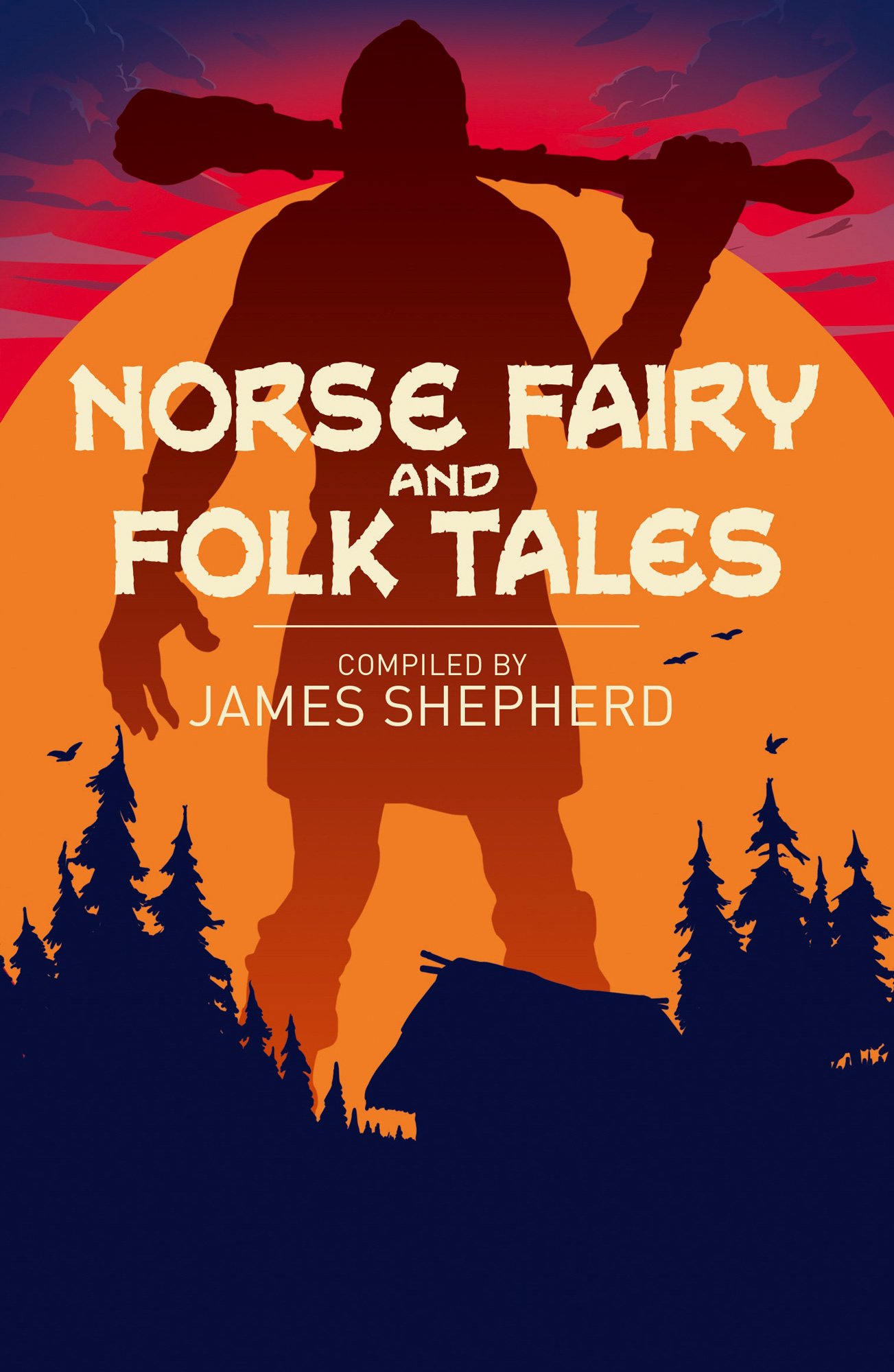George Webbe Dasent
Sir George Webbe Dasent, D. C. L. (1817–1896) was a British translator of folk tales and contributor to The Times.Dasent was born 22 May 1817 at St. Vincent, British West Indies, the son of the attorney general, John Roche Dasent. His mother was th
... Read more
Sir George Webbe Dasent, D. C. L. (1817–1896) was a British translator of folk tales and contributor to The Times.Dasent was born 22 May 1817 at St. Vincent, British West Indies, the son of the attorney general, John Roche Dasent. His mother was the second wife of his father; Charlotte Martha was the daughter of Captain Alexander Burrowes Irwin.[1]
He was educated at Westminster School, King's College London, and Oxford University, where he befriended classmate J.T. Delane, later to become his brother-in-law.[2][3] After graduating from university in 1840 with a degree in Classical literature, he was appointed secretary to Thomas Cartwright on a diplomatic post in Stockholm, Sweden. There he met Jakob Grimm, at whose recommendation he first became interested in Scandinavian literature and mythology.[4][3]
He published the first result of his studies, an English translation of The Prose or Younger Edda (1842), followed by a translation of Rask's Grammar of the Icelandic or Old-Norse Tongue (1843).[3]
Returning to England in 1845 he became assistant editor of The Times under his schoolmate Delane, whose sister he married. Dasent's connections to Prussian diplomat Bunsen has been credited with significantly contributing the paper developing its foreign policy.[5][3] While working for the newspaper, Dasent still continued his Scandinavian studies, publishing translations of various Norse stories. He also read for the Bar and was called in 1852.[3]
In 1853, he was appointed professor of English literature and modern history at King's College London and in 1859 he translated Popular Tales from the Norse (Norske Folkeeventyr) by Peter Christen Asbjørnsen and Jørgen Moe, including in it an "Introductory Essay on the Origin and Diffusion of Popular Tales."[6]
Perhaps his most well-known work, The Story of Burnt Njal, a translation of the Icelandic Njal's Saga that he had first attempted while in Stockholm, was issued in 1861. This work established sustained interest in Icelandic literature, so that more translations would follow.[7][3] Dasent made a visit during 1861-1862 to Iceland, where he was hailed in Reykjavík as one of the saga lovers who had strengthened ties between the English and Norse. Subsequent to that visit, he published his translation of Gisli the Outlaw (1866).[8][3]
In 1870, he was appointed a civil service commissioner and consequently resigned his post at The Times. In 1876 he was knighted in England, though he was already a Danish knight.
Less































